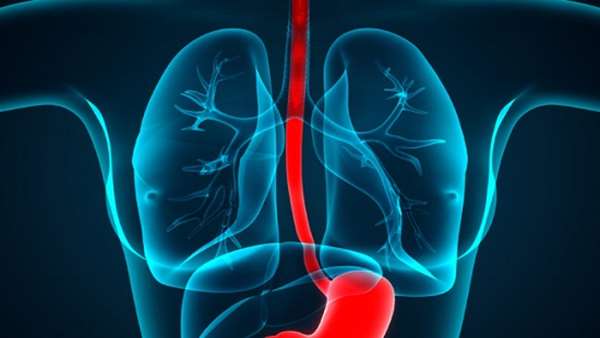Scientists create human esophagus in stem cell first
The esophagus is the muscular tube that moves the food and liquids we ingest from our throats all the way to our stomachs.
The esophagus is the muscular tube that moves the food and liquids we ingest from our throats all the way to our stomachs.
This organ is made of different types of tissue, including muscle, connective tissue, and mucous membrane.
Scientists at the Cincinnati Children"s Center for Stem Cell and Organoid Medicine (CuSTOM) in Ohio have artificially grown these tissues in the laboratory using pluripotent stem cells, or stem cells that can take any form and create any tissue in the body.
The team — which was led by Jim Wells, Ph.D., the chief scientific officer at CuSTOM — grew fully formed human esophagi in the laboratory and detailed its findings in a paper published in the journal Cell Stem Cell.
To their knowledge, this is the first time that such a feat has been achieved using only pluripotent stem cells.
Laboratory-grown esophagus organoids might help treat a range of conditions, such as esophageal cancer and gastroesophageal reflux disease (GERD).
They may also help treat more rare congenital diseases, such as esophageal atresia (a condition in which the upper esophagus does not connect with the lower esophagus) and esophageal achalasia (wherein the esophagus does not contract and so cannot pass food).
According to recent estimates, GERD — also known as acid reflux — affects around 20 percent of the United States population. In 2018, over 17,000 people in the U.S. will develop esophageal cancer.
As Wells and team explain in their paper, having a fully functional model of the human esophagus — in the form of a laboratory-grown organoid — contributes to a better understanding of these diseases.
The findings may also lead to better treatments using regenerative medicine.
Reference:https://www.sciencedirect.com/science/article/pii/S193459091830393X?via%3Dihub





ارسال به دوستان